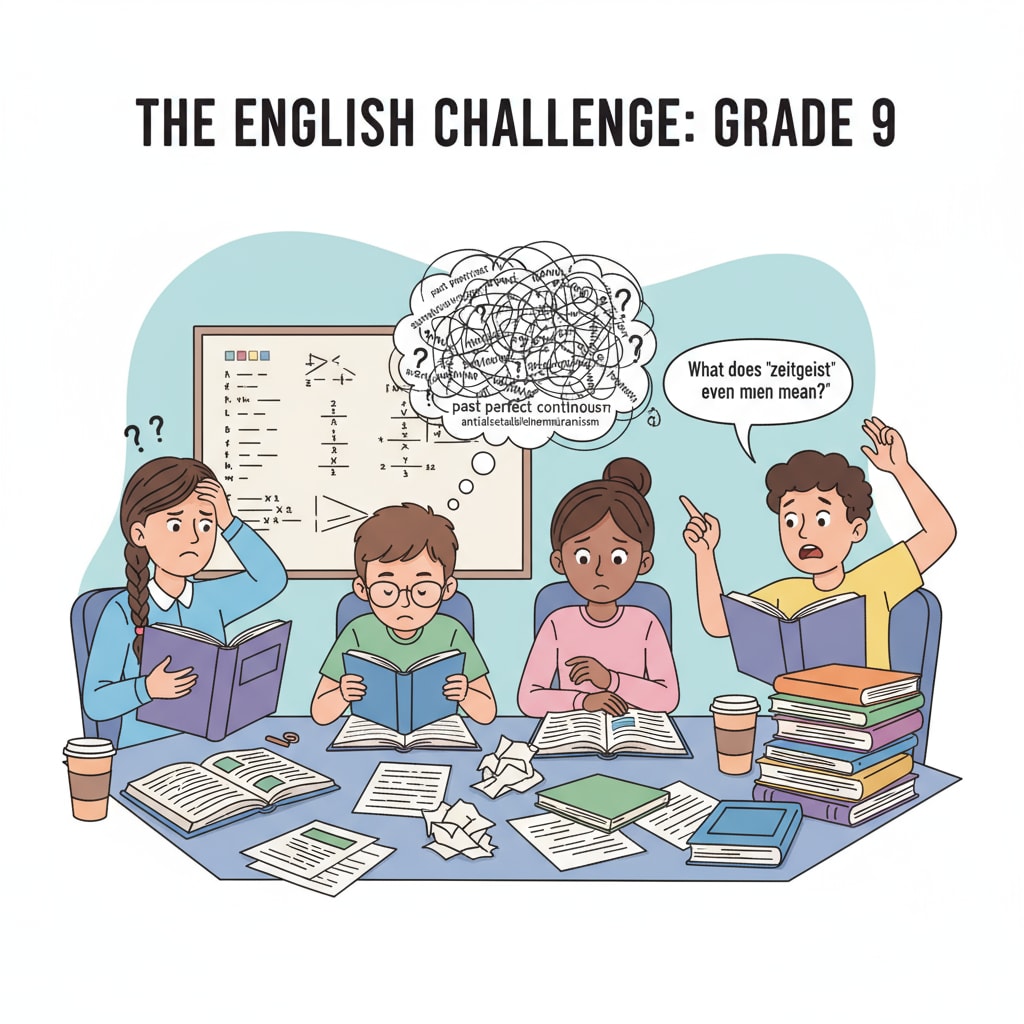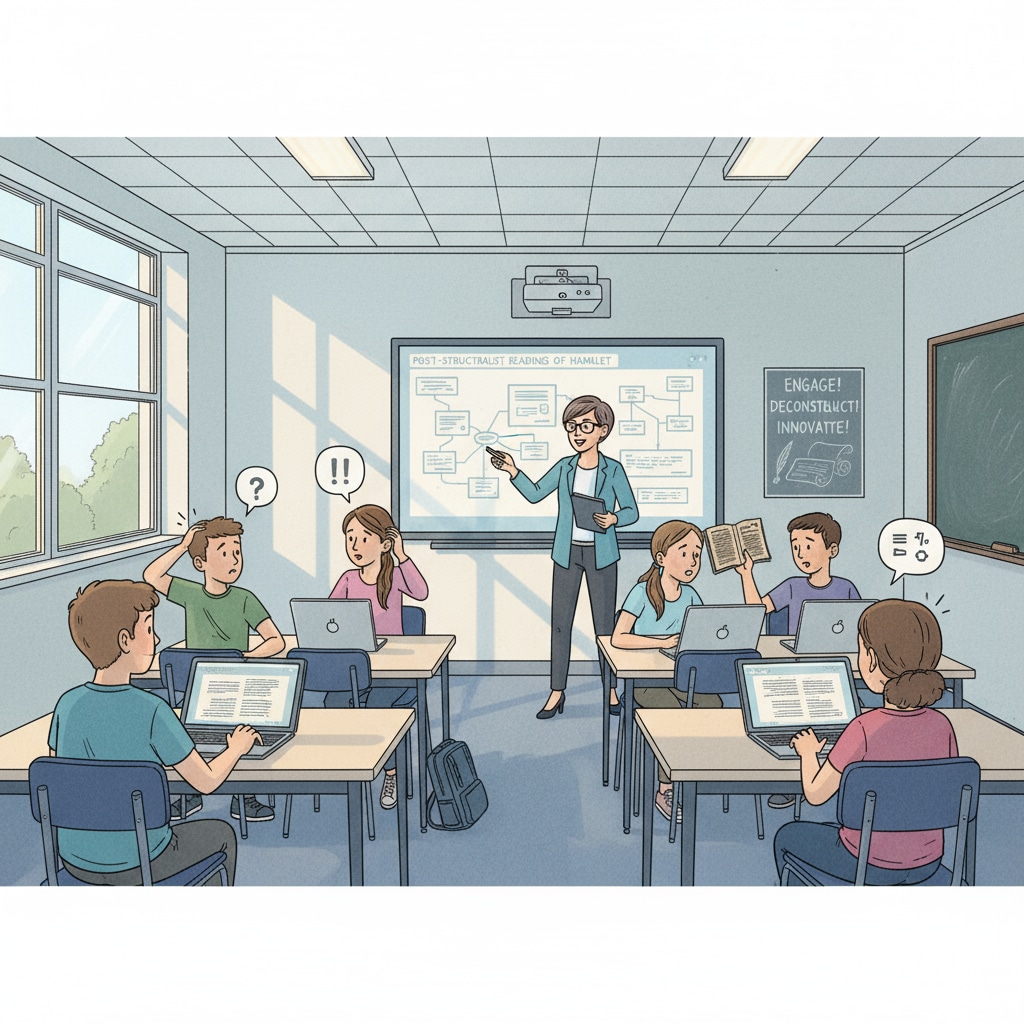English courses, literary works, and learning experiences often go hand in hand in a student’s academic journey. However, for many ninth-grade students, the once-enjoyable English and literary courses have taken a negative turn. This shift has left students feeling overwhelmed and has affected their overall learning experience.

The Sudden Spike in Course Difficulty
In ninth grade, the difficulty level of English courses escalates significantly. The vocabulary expands exponentially, with more complex words and phrases being introduced. For example, students who were used to simple everyday vocabulary now have to grapple with literary and academic terms. In addition, grammar rules become more intricate. Sentence structures are no longer basic; instead, they involve multiple clauses and complex tenses. This sudden jump in difficulty can be a shock to students, as they struggle to keep up. According to Britannica’s insights on English language education, such a rapid increase in difficulty should be carefully managed to ensure students’ understanding and progress.
The Impact of Changing Teaching Methods
Another factor contributing to the negative shift in learning experiences is the change in teaching methods. In earlier grades, teaching might have been more structured and guided. However, in ninth grade, teachers often expect students to take more initiative in their learning. They may assign more independent reading of literary works, expecting students to analyze and interpret themes on their own. This change can be challenging for students who are used to more direct instruction. For instance, when studying classic literary works like Shakespeare’s plays, students may find it difficult to understand the archaic language and complex plotlines without sufficient guidance. As a result, their enthusiasm for both the English language and literary studies may wane. Wikipedia’s page on literature education highlights the importance of appropriate teaching methods in fostering students’ interest in literary works.

So, what can be done to reverse this negative trend? First, teachers should provide more support and scaffolding when introducing new and difficult concepts. They can break down complex vocabulary and grammar into smaller, more manageable parts. Second, for literary works, teachers can offer in-depth introductions, explaining the historical context and cultural references. This will help students better understand and appreciate the works. Additionally, creating a collaborative learning environment where students can discuss and share their ideas can also enhance their learning experience.
Readability guidance: By summarizing the main issues like the increase in difficulty and teaching method changes, and suggesting solutions, we aim to provide a clear and practical guide for students, teachers, and parents. Short paragraphs and lists make the content easier to digest, while the use of过渡词 helps to connect ideas smoothly.


